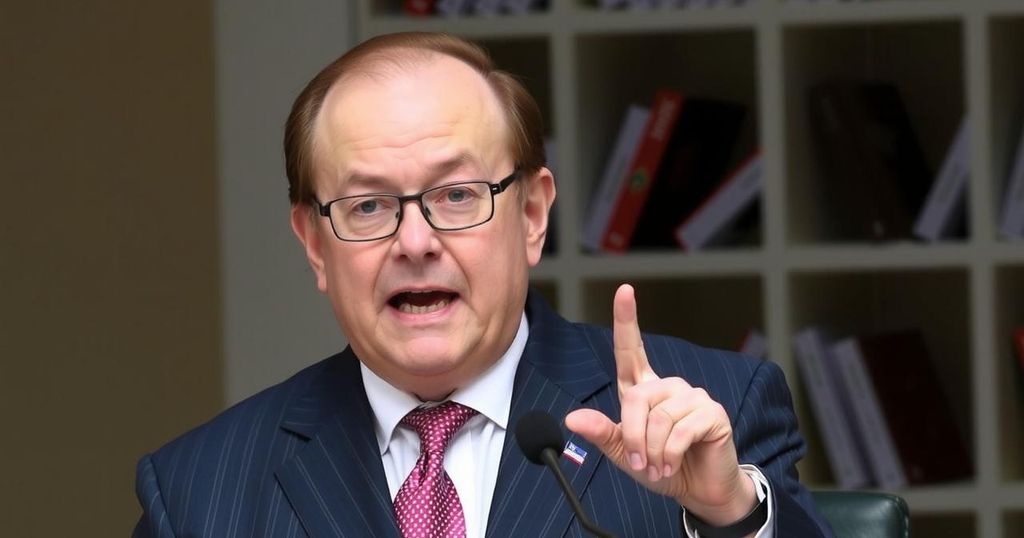Lebanon has elected Joseph Aoun, a U.S.-backed army commander, as its new president, ending a two-year political deadlock. Aoun’s election reflects a shift away from Iranian influence, with more than two-thirds of lawmakers supporting him. His presidency may usher in renewed stability for the nation.
Lebanon’s parliament has elected Army Commander Joseph Aoun as the nation’s new president, marking the first such selection in over two years. This pivotal decision reflects a notable shift in political dynamics, with Aoun being a candidate endorsed by the United States, signalling a decrease in Iran’s influence over Lebanese affairs. With more than two-thirds of lawmakers voting in his favor, Aoun’s election not only breaks a prolonged political stalemate but also paves the way for him to assume a six-year presidential term. Many view this selection as a critical turning point for Lebanon, as the country seeks stability amidst regional challenges.
The election of Joseph Aoun comes at a time when Lebanon has grappled with a significant political vacuum following the expiration of the previous presidential term. The inability of lawmakers to agree on a successor for an extended period has exacerbated the country’s ongoing economic crisis and security concerns. The backing of a U.S.-aligned candidate like Aoun indicates a strategic realignment in the region, highlighting a phase of diminishing Iranian dominance within Lebanon’s political framework. The implications of this shift may influence Lebanon’s foreign policy and regional associations going forward.
In conclusion, the election of Joseph Aoun as Lebanon’s president signifies not only a resolution to the protracted political deadlock but also underscores a strategic pivot away from Iranian influence towards a U.S.-backed administration. This development appears to be a critical juncture for Lebanon as it navigates its complex socio-political landscape and endeavors to restore stability under Aoun’s upcoming leadership.
Original Source: www.poncacitynews.com






